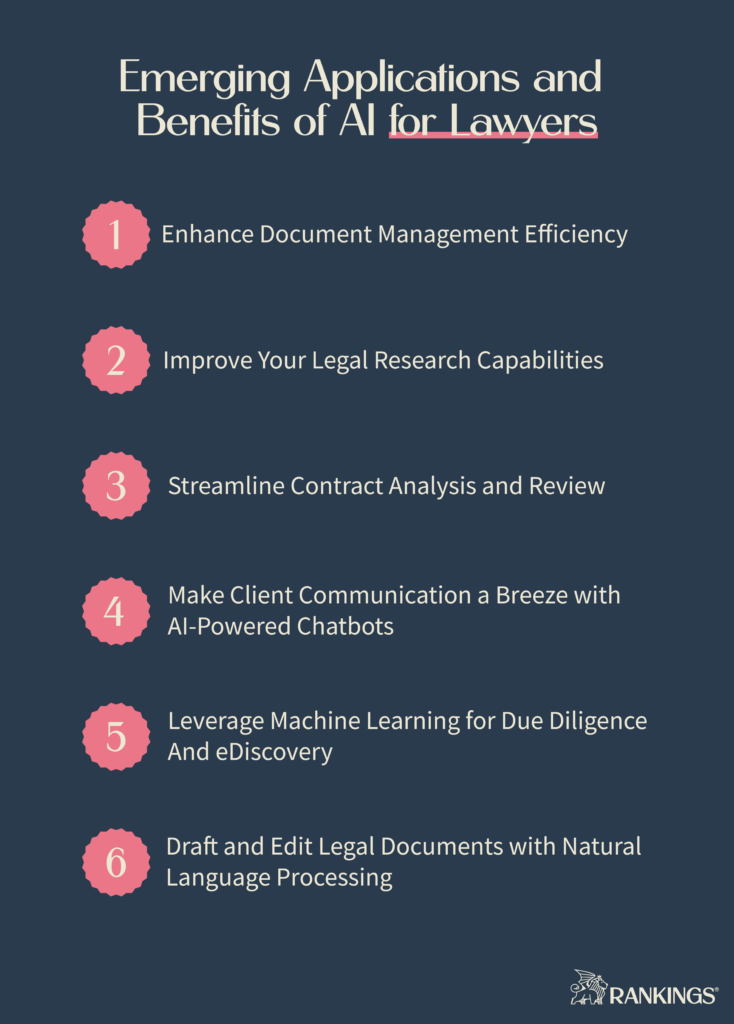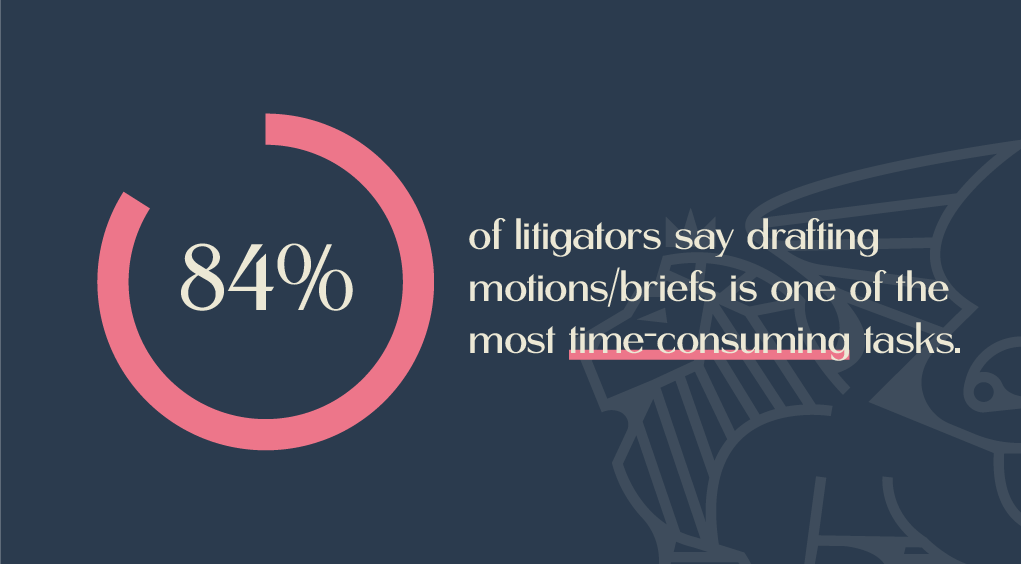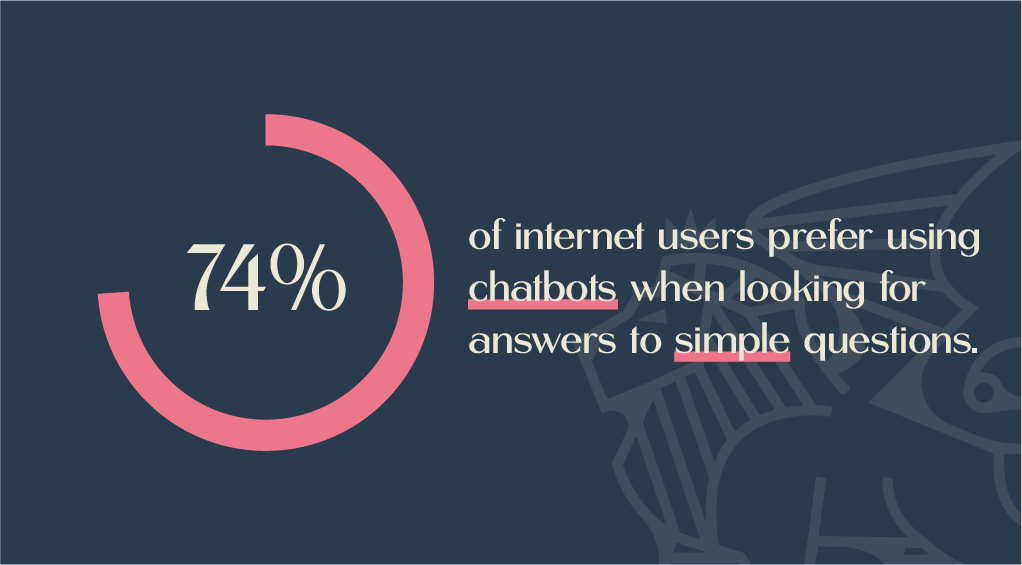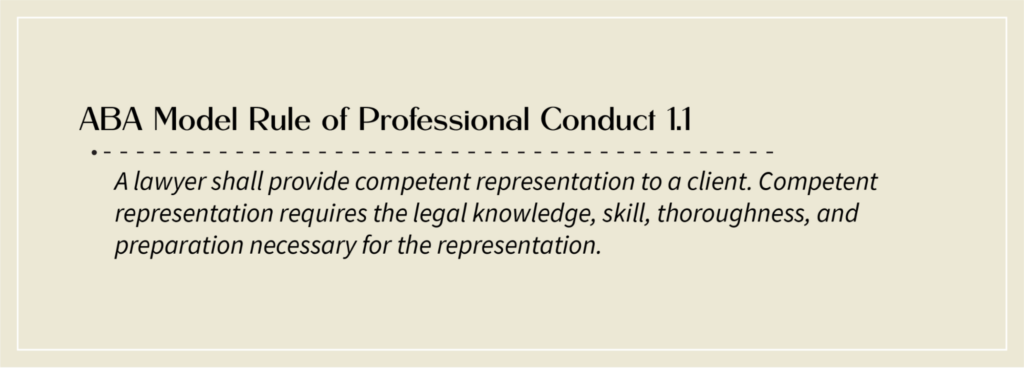The adoption of AI across all industries has been on the rise in recent years.
Between 2020 and 2021, the number of companies using some form of AI in their operations increased by over 50%. AI is transforming the way that many people work, including lawyers.
Some lawyers are hesitant about the impact of AI because of the detail-oriented work they do and the importance of accuracy and critical thinking. But research shows that up to 22% of a lawyer’s current workload could be automated.
The kind of work most AI replaces are tedious and menial tasks. When you decide to implement it in your firm, it can augment your work rather than replace you entirely. You’re probably already using some form of AI in your law firm.
Charting the Rise of AI in the Legal Industry
Historically, AI reaches back to the 1950s, when researchers proposed that machines would one day be able to process information like humans. At that time, early computers were very limited in machine learning.
Machine learning is one branch of artificial intelligence that uses algorithms and data to mimic the way a human learns. Over time, the machine improves its accuracy. That set the tone for the development of the AI world we live in.
In the past 20 years, AI has grown to take over and speed up many tasks. Services that you may use every day, like Google Maps, Siri, and Grammarly, rely on AI. Over 35% of companies already use AI, and the legal industry is no exception.
While the legal industry may sometimes be slow to change, many tools for lawyers have already integrated AI.
Legal research tools with AI now help lawyers find facts and precedents quicker than ever before. AI chatbots handle initial contact with potential clients. Even the discovery and legal document drafting process is being augmented by AI tools.
Will AI Replace Lawyers?
Artificial intelligence isn’t yet advanced enough to replace lawyers. While it may replace or streamline certain legal tasks, it is more likely to augment lawyers’ work than replace them outright.
Traditionally, legal is an industry in which people are uncomfortable with non-human tools. But technology has played a huge part in making the law more accessible to people and speeding up processes.
Many lawyers have already adapted to digital tools like cloud computing, legal CRM software, and e-signatures. Many of these tools make lawyers’ lives easier while improving the client experience.
Artificial intelligence tools aren’t much different.
Lawyers who adapt to using them stand to gain from the efficiency AI could provide their firms. Even then, AI is unlikely to take over some core functions of a lawyer’s job.
Lawyers who learn how to use AI will benefit by advancing their practice and adapting to the demands of managing a law firm.
Emerging Applications and Benefits of AI for Lawyers

AI can be a big booster to productivity for lawyers, especially when it comes to repetitive, tedious, and manual work. Most lawyers don’t enjoy those work tasks, and handing them over to AI-powered tools can greatly benefit a law firm’s bottom line.
The time savings offered by AI can allow you to improve your client experience and serve more potential clients than ever before.
AI tools empower you to provide more services to a broader range of clients. It can also increase people’s access to justice because you can pass on the savings from these manual tasks.
There are several easy ways to dip your toe into the water of AI to see how it works and to gain confidence. From legal research and contact analysis to drafting legal documents, AI can help lawyers and their staff with a variety of tasks.
1. Enhance Document Management Efficiency
Clio’s 2021 Legal Trends Report shows that the average lawyer spends just 2.5 hours on billable work per day. That’s a bottleneck preventing many from growing their firm efficiently. One huge area of time loss is document management.
AI can improve and streamline tedious document management tasks for lawyers.
The more effectively you can save, store, and find legal documents, the less time you or your staff spend hunting things down or discovering mistakes after the fact.
Numerous legal document management tools exist, many with the following features:
- Automated organization of documents
- Faster document retrieval through search options
- Identification of relevant information in each case file
- Detection of errors and capability to correct mistakes
Document management tools with AI can help you better organize and find important files. Some tools can automatically summarize documents, speeding up many law firm workflows.
Others have optical character recognition (OCR) features built-in. These features allow you to scan paper documents or photos of documents to easily extract important information.
Some tools can even help you generate new documents and forms. Then, they can manage the process of getting all the required signatures on those documents.
Some of the legal tools with AI functions you might want to check out are:
- Checkbox.ai
- Nanonets
- iManageravn
- Rubex by eFilecabinet
- LexWorkplace
2. Improve Your Legal Research Capabilities

Lawyers and their staff can spend hours searching for information to support their cases. In a 2020 survey, 84% of litigators said that drafting motions and briefs from legal research is one of their most time-consuming tasks.
Verifying research details is critical for the preparation and success of any case. But not all of that work has to be handled by a human alone.
The good news is that AI in legal research is already common. Many popular legal research tools have AI features built-in. Legal research is one of the biggest areas where many law firms are already using AI tools.
Many modern research tools powered at least partly by AI come with:
- Advanced search algorithms
- Contextual understanding of legal terminology
- The ability to cross-reference multiple sources
- Data-driven decision making
- Analysis of historical case data
Your team may be able to save hours on every single case with the right legal research software, tapping quickly into case laws, statutes, and jurisdictions.
Some AI-assisted legal research tools integrate directly with your practice management software, such as Casetext and Fastcase. This means you can research and attach the results to case details with just a few clicks.
3. Streamline Contract Analysis and Review
The details matter in contracts, which is why so many lawyers invest a lot of time in reviewing these documents. AI can simplify contract analysis by taking some of the work off the table for you.
With the right inputs, you can have AI summarize or analyze contracts for you. This can help you spot problem areas quicker than scanning through the document several times. You can still conduct a final review while reducing your overall time spent looking at each document.
Features to look out for with contract review tools include:
- Detecting inconsistencies
- Identifying missing clauses or risky language
- Comparing contracts with standard templates
- Automatically summarizing key terms
Some tools to check out here are:
- ChatGPT
- LexCheck
- Kira Systems
- Ironclad App
- Onit Catalyst
One research study identified that using legal contract review software made lawyers over 51% more productive on first-pass contract review alone.
4. Make Client Communication a Breeze with AI-Powered Chatbots

Many law firms have been early adopters of chatbot technology. Next to legal research, live chat services are one of the most common applications of AI for lawyers today.
Clients often want to research something or find out more about their case before committing to a consultation. 74% of internet consumers say they prefer using chatbots for quick answers to questions. A chatbot can serve those who are not yet ready or willing to place a phone call to your firm.
AI chatbots can improve client communication for law firms. They also give you a better chance of capturing a lead who visits your website. They can also save you valuable time while maintaining positive first-touch interactions with potential clients.
Some of the major benefits of AI chatbots include:
- Providing instant responses to client inquiries
- Automating the intake processes
- Answering frequently asked questions
- Facilitating appointment scheduling
- Pre-qualifying clients by learning more about their case pre-intake
Some of the most popular chatbots for lawyers are:
- LawDroid
- Chatfuel
- Outgrow
- Intaker
- Smith.ai
- Zendesk
You can empower your potential clients with the information they need by setting up and training chatbots on your website.
5. Leverage Machine Learning for Due Diligence and eDiscovery
Due diligence and e-discovery can easily swallow up a lot of a lawyer’s time. Machine learning streamlines tasks for both, freeing you up to focus on other things.
Due diligence and e-discovery tools can do things like:
- Analyze large volumes of data
- Identify patterns and trends
- Recognize potential risks or liabilities
- Reduce human error and bias
Using Ai in your ediscovery process, you can sift through massive amounts of documents. These tools can help summarize the most important points for you and bring key documents and details to your attention.
From identification and collection to production, these tools can make ediscovery easier.
Some tools worth looking into for help with these aspects of your practice include:
- Relativity
- Logickull
- Everlaw
- Nextpoint
- Exterro
6. Draft and Edit Legal Documents with Natural Language Processing
Natural language processing simplifies the drafting and editing of legal documents. Properly written legal documents help you present a strong case, but it’s also very time-consuming to look at these documents one line at a time.
Let NLP-powered legal documents tools help with things like:
- Creating first drafts of legal documents
- Detecting and correcting grammar and syntax errors
- Ensuring consistency in language and formatting
- Analyzing and summarizing complex legal texts
This is one area in which tools have advanced a lot in the past year or so, with AI options more accessible to lawyers than ever before. The highest profile option so far has been OpenAI’s ChatGPT.
Since its release in late 2022, ChatGPT has set the record for the fastest-growing user base of any consumer application. And for good reason, it’s easy to use and affordable.
ChatGPT presents a number of opportunities for many industries, including legal. Lawyers who take the time to learn how to use it can become far more productive than those who do everything by hand.
With the right prompts, it could generate a first draft of legal documents in seconds. To do so requires spending time up front engineering prompts for the tool. Once you’ve dialed in your prompts, you can start drafting.
You’ll still need to review and refine your documents, but the time savings on drafting means you’ll have more time and energy to do so. You can even use ChatGPT to help with this part of the process, speeding things along even more.
ChatGPT isn’t your only option for legal drafting. It may be the most well-known generative AI tool, but lawyers have a few other specialized choices.
Other options include Casetext’s Compose.ai and, for patent lawyers, Anaqua.
There’s no shortage of tools with AI to help lawyers do their jobs more efficiently. With the rate at which AI is growing, even more will emerge. As with any emerging technology, there are some things to take into account with AI implementation.
The Challenges of Using AI as a Lawyer

AI tools pose a number of benefits for lawyers but should be thoughtfully integrated into your law firm’s workflows.
One of the first things to look at is the ABA Model Rule of Professional Conduct 1.1, stating:
“A lawyer shall provide competent representation to a client. Competent representation requires the legal knowledge, skill, thoroughness, and preparation necessary for the representation.”
AI tools don’t live up to this standard yet. Some early adopters may be tempted to hand as much work off to an AI as possible, but a competent human lawyer is still required.
ABA rules also require lawyers to stay aware of changes in the law and its practice. This includes the risks and benefits of working with relevant technology. This includes not just the use of AI but knowledge of the risks presented by things like data breaches and cyber-attacks.
Beyond ABA Rule 1.1, 37 states have also adopted some form of a technical competence rule. AI can assist with enhancing the professional decisions made by individual lawyers. This means using these tools requires educating yourself on their uses.
Next is a potential ethical impact of using AI tools. These tools are driven in part by your data. Some of that legal data may be subject to evidentiary privilege or client confidentiality.
Some AI tools may not have strict enough security measures to protect this data. Fortunately, many tools on the market have built-in security measures. Still, it’s important to vet new AI tools before using them in your law firm.
The future of AI in the legal industry is, to some extent, unknown. But what’s on the immediate horizon are tools that could reduce manual tasks and staff. AI may not replace lawyers, but those who adopt it may have a leg up on those who delay.
Keeping abreast of and adapting to the changes that AI is bringing to law firms will help lawyers and law firm owners stay on the cutting edge. Those who fail to consider the impact of AI are at risk of losing new clients to their competitors.
Implement AI Effectively in Your Firm
AI is still new in the legal industry, but there are already several applications emerging for it.
AI has already improved many repetitive processes for lawyers and will likely continue. Attorneys who use these tools can get more done and serve their clients better. To get those benefits, though, lawyers must take the time to learn how to use artificial intelligence.
There are numerous ways technology can help you grow your law firm. Not all of them include AI features, but top tools for law firms, like a legal CRM and marketing automation tools for lawyers, can help drive productivity at your firm.
The post AI for Lawyers: How Machine Learning Can Transform Your Legal Practice appeared first on Rankings.




